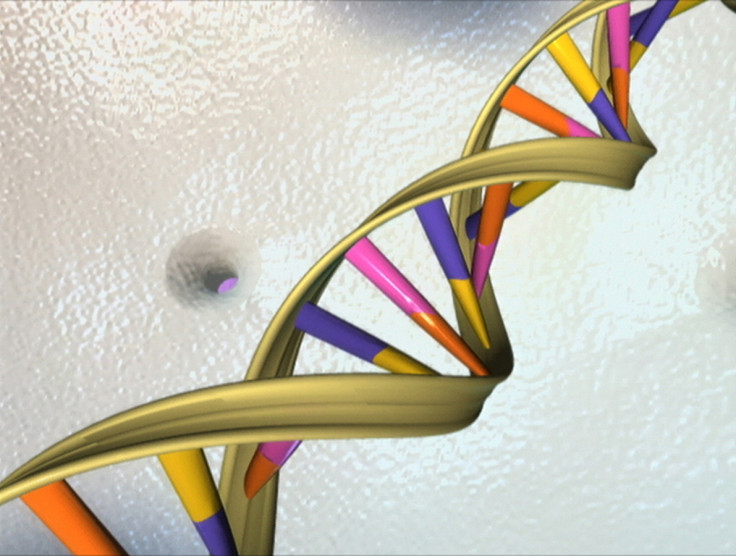Landmark 'Gay Gene' Study Provides Further Evidence Sexuality is Not Chosen
In the largest ever study of its kind, scientists tested 409 pairs of gay brothers

The largest-ever study has been conducted into the existence of a "gay gene" and its results leaves researchers believing the view that sexuality is a choice is discredited.
Conducted by the NorthShore Research Institute in the US, the study found clear links between two specific areas of the human genome and male homosexuality.
The genetic areas had also been associated with homosexuality in earlier studies.
Lead scientist Alan Sanders declared that the work "erodes the notion that sexual orientation is a choice".
In some countries, homosexuality remains illegal and stigmatised, with Russia recently passing widely criticised laws prohibiting "gay propaganda". In the US, "gay conversion" therapists claim they can cure homosexuality.
As part of the study, which was three times larger than any previously conducted, the scientists took blood and saliva samples from 409 pairs of gay brothers, and analysed it for genetic markers known as single nucleotide polymorphisms (SNPs).
They found that the genetic regions Xq28, first identified in 1993 as being associated with homosexuality, and 8q12, spotted in 2005, were shared by the brothers.
Homosexuality was the only trait shared by all of the pairs of brothers.
Other traits, including hair color and intelligence varied significantly between individuals and pairs, meaning that the markers found in the same genetic location in all men were most likely associated with their homosexuality.
The scientists said that they had not identified a single, specific gene, as the areas of DNA highlighted in the study containing many genes, and that multiple factors were likely to be involved in the formation of human sexuality.
Scientists believe the results of the study provide more evidence that sexuality is innate.
"This study knocks another nail into the coffin of the 'chosen lifestyle' theory of homosexuality," said neuroscientist Simon LeVay, who in the early 1990s claimed that a specific region of the brain is smaller for gay men.
"Yes, we have a choice in life, to be ourselves or to conform to someone else's idea of normality, but being straight, bisexual or gay, or none of these, is a central part of who we are, thanks in part to the DNA we were born with," said LeVay.
"Much hard work now lies ahead to identify the specific genes involved and how they work, as well as to find equivalent genes in women," he adds.
© Copyright IBTimes 2025. All rights reserved.






















